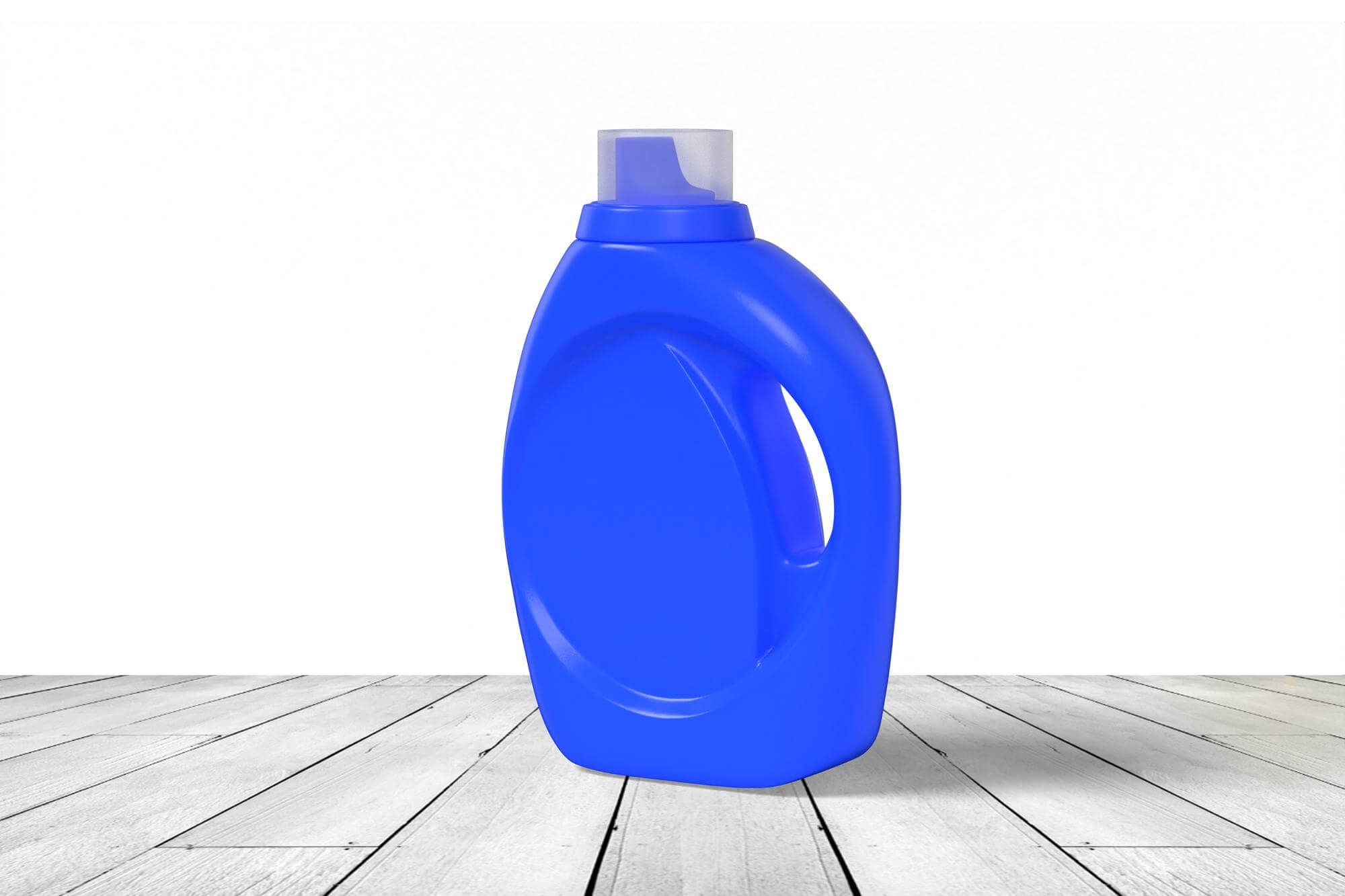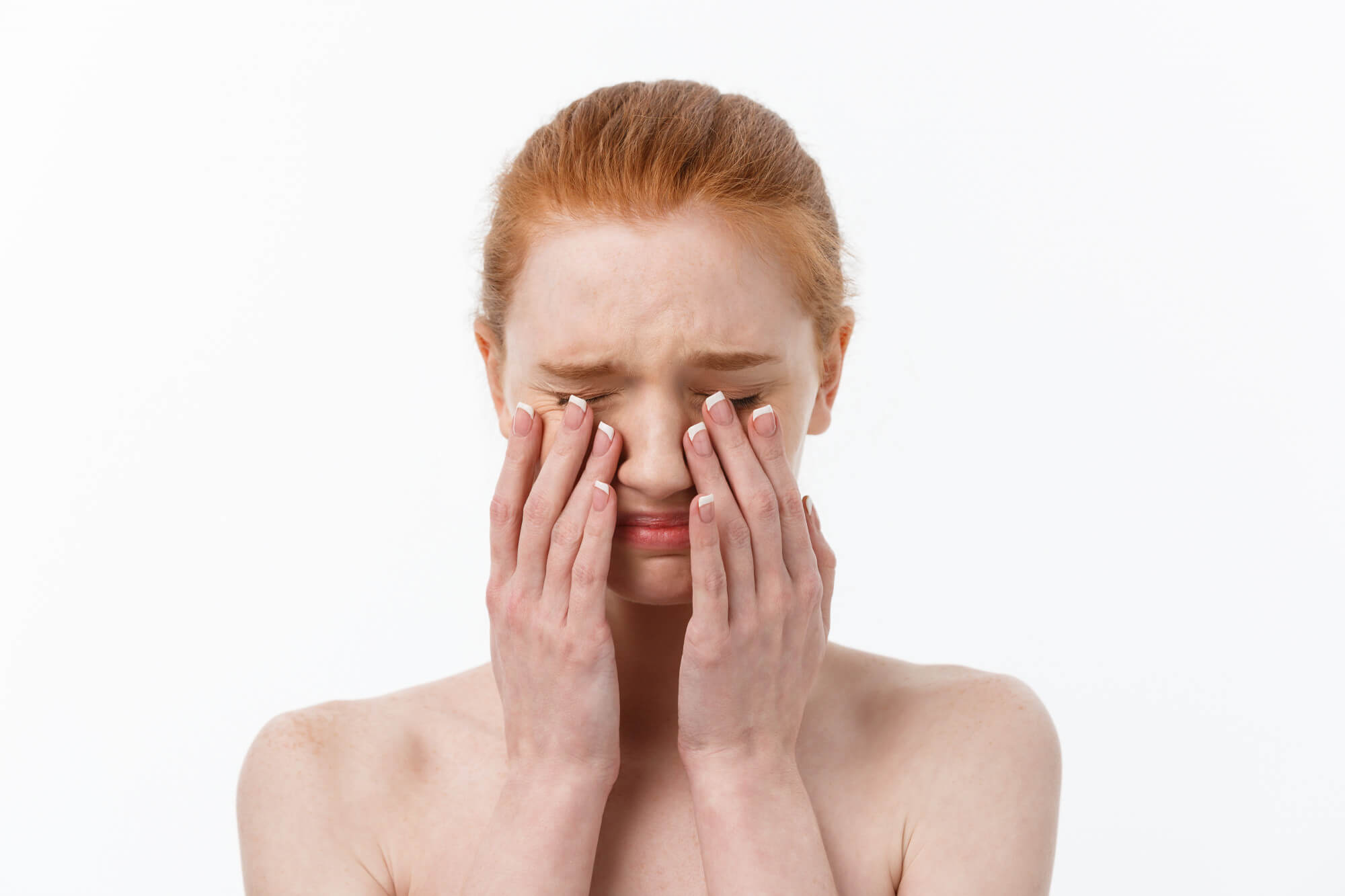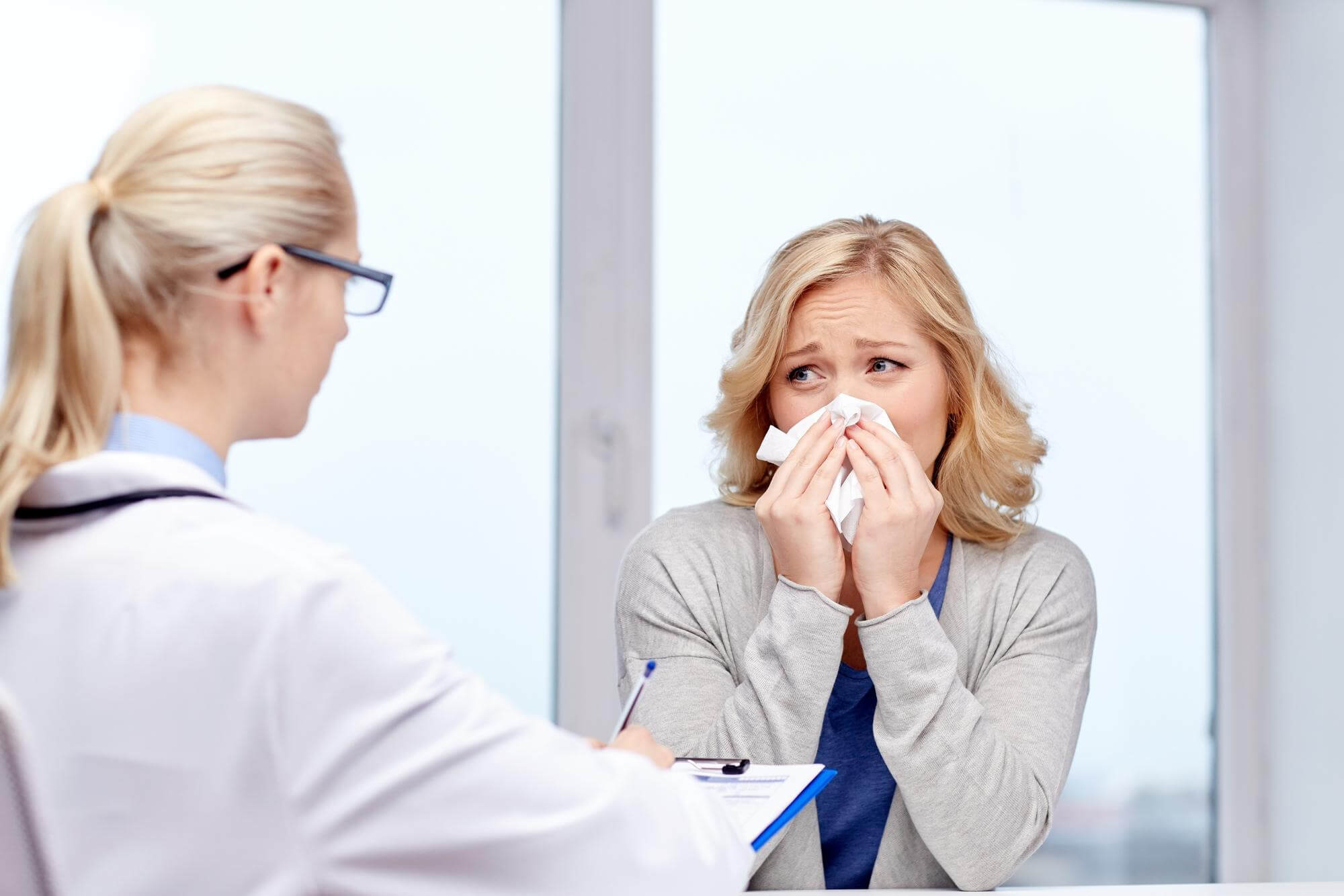Chlorine allergy: how to overcome unpleasant symptoms?


Eva Zakharova
What is chlorine allergy?
Chlorine allergy is an allergic reaction of the body to chlorine-containing substances that are commonly found in everyday life. Chlorine is an active component of many cleaning and disinfecting agents, as well as a substance used for water purification. Ammonia, which is the base of chlorine, contributes to the development of allergic reactions in people predisposed to them.
Causes of chlorine allergy
One of the main causes of chlorine allergy is genetic predisposition. If parents have allergies to chlorine or other allergies, the likelihood of developing similar reactions in children increases.
Frequent contact with chlorine
Regular use of chlorine-containing cleaning agents in the home, as well as visiting pools with chlorinated water, can trigger an allergic reaction in people with increased sensitivity.
Increased sensitivity to chemicals
Some people have an increased sensitivity to chemicals, including chlorine. This can lead to the development of chlorine allergy even with minor contact with chlorine-containing products.
Symptoms of chlorine allergy

Chlorine allergy can manifest on the skin as red patches, rashes, itching, and swelling. In children, symptoms may be more pronounced and appear faster than in adults. It is also possible to develop watery blisters on the hands, especially after contact with chlorine-containing substances.
Respiratory symptoms
Chlorine allergy in water and air can cause respiratory symptoms such as difficulty breathing, coughing, nasal congestion, and runny nose. In some cases, the development of bronchial asthma is possible.
Ophthalmic symptoms
Chlorine allergy can manifest as conjunctivitis, tearing, itching, and redness of the eyes.
Diagnosis of chlorine allergy
- To diagnose chlorine allergy, an allergist collects a patient's medical history, paying attention to the nature of the symptoms, their association with contact with chlorine-containing substances, and the presence of allergic diseases in relatives.
- Skin tests may be conducted to detect chlorine allergy. The doctor applies a small amount of chlorine to the skin and observes the body's reaction. If redness or swelling occurs, it indicates the presence of an allergy.
- A blood test can help confirm an allergy to chlorine. The level of immunoglobulin E, which increases during allergic reactions, is determined in the blood.
Treatment of chlorine allergy

The main method of treating chlorine allergy is to avoid contact with chlorine-containing substances. Safe alternatives such as eco-friendly cleaning agents and water filters can be used instead of chlorine.
Antihistamines (cetirizine, loratadine, or fexofenadine) help to alleviate the symptoms of allergies, such as itching, swelling, and tearing. They can be prescribed by a doctor in the form of tablets, drops, or ointments.
To reduce skin manifestations of chlorine allergy, local remedies such as soothing creams and ointments that relieve itching and redness can be used.
In severe cases of chlorine allergy, a doctor may prescribe corticosteroids (hydrocortisone). These drugs help to reduce inflammation and symptoms of allergic reactions.
Prevention of chlorine allergy

To prevent the development of chlorine allergy, it is necessary to avoid contact with chlorine-containing products. Safe cleaning agents should be used and filters installed to purify water from chlorine.
Strengthening the immune system
Maintaining a healthy lifestyle and strengthening the immune system can help reduce the risk of allergic reactions. Proper nutrition, physical activity, and avoiding harmful habits contribute to strengthening the body.
Consultation with an allergist
Regular consultations with an allergist can help control your health and prevent the development of allergic reactions. The doctor will help identify individual risk factors and select appropriate treatment and prevention measures.
Chlorine allergy is a common condition caused by an allergic reaction to chlorine-containing substances. The main risk factors for developing an allergy include genetic predisposition, frequent exposure to chlorine, and increased sensitivity to chemical substances. To diagnose and treat chlorine allergy, it is important to consult with an allergist who can develop an individualized treatment and prevention plan.
Related Materials
New materials
Popular Articles
We recommend reading
Contact us in the Contact Us section to ask questions, offer ideas, or for more information about our allergy resource.
Our articles are your trusted source of allergy knowledge. Learn how to make life with allergic reactions easier on our specialized portal.
©
Lechenie-Allergii.com. All rights reserved.
© Lechenie-Allergii.com. All rights reserved.
The information on this site is for informational purposes only and is not a substitute for professional medical advice. We recommend consulting with qualified medical professionals for accurate information and advice.
 English
English  Українська
Українська  Русский
Русский 









